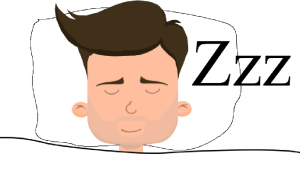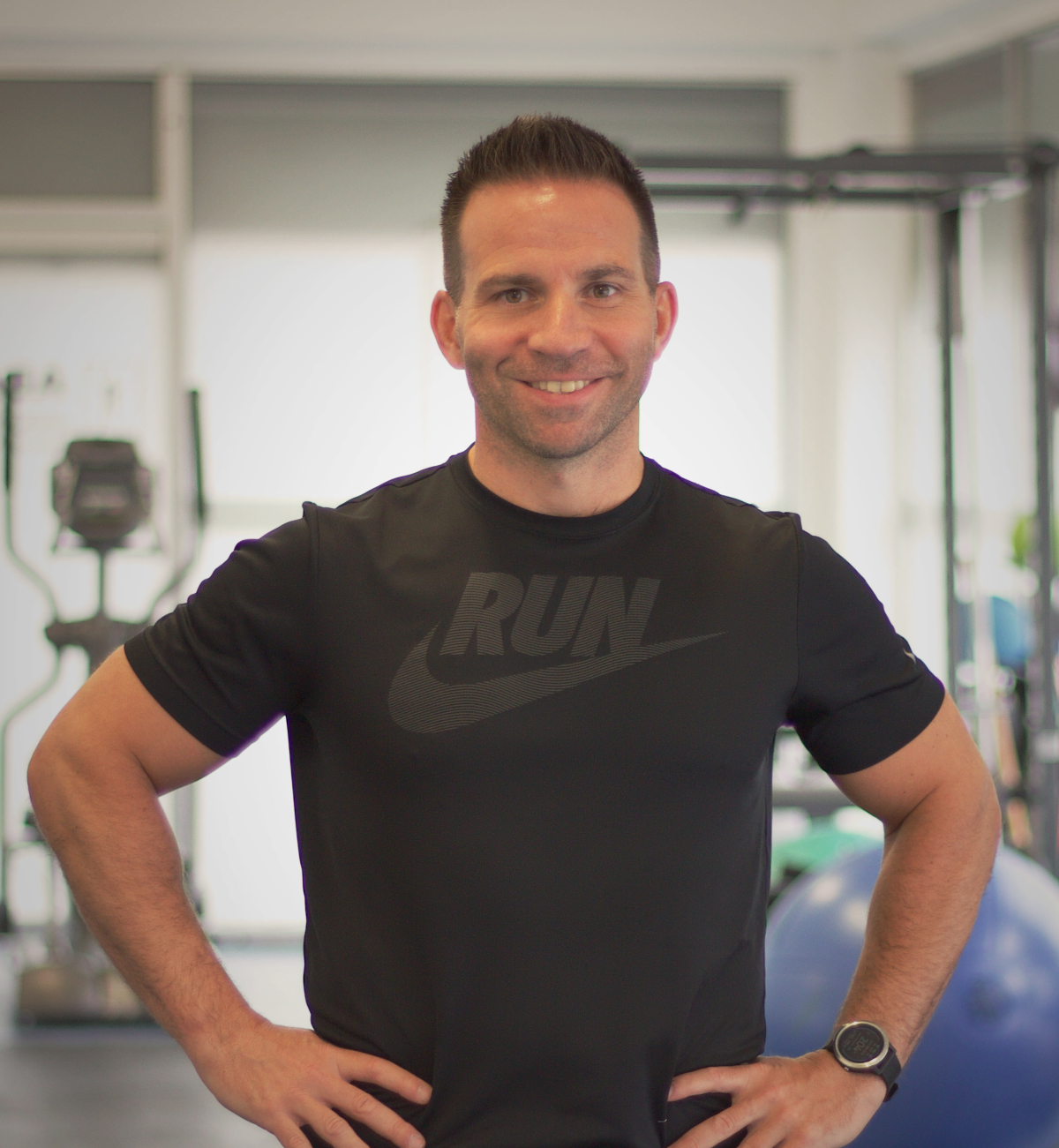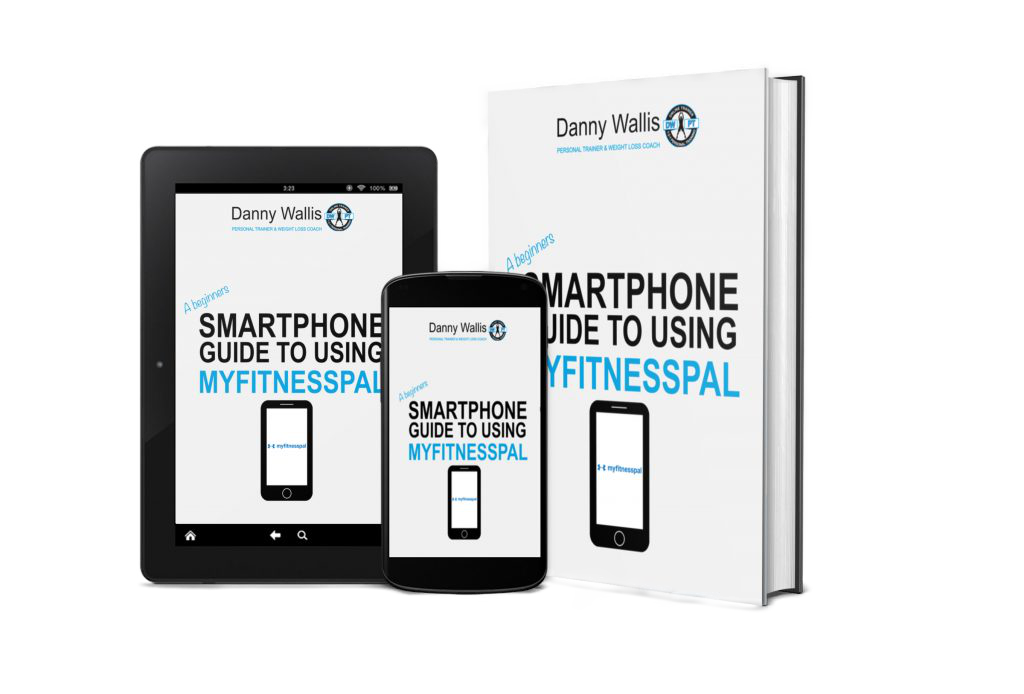Getting fitter, leaner, healthier and obtaining a body you can actually become proud of is sadly not a part-time job. Ask anyone who is rocking the kind of toned, lean and strong body you aspire to be like and they will tell you it takes much more than the three sessions a week you initially thought would transform your body. In reality, they would tell you their hard work spreads way beyond the gym.
Getting fit, changing your body shape, boosting your energy levels and achieving all the wonderful things you would like for yourself comes down to perfecting three key areas, two of which are actually outside the realms of exercise.
1. Improve Your Nutrition
There are no two ways about it, we are what we eat and the choices you make with your diet will equate to about 70% of what you see when you look in the mirror. Your dietary habits will influence the way your body feels plus will affect the quality of your exercise performance while you work out.
Eat Rubbish, Feel Rubbish
If you eat rubbish, you will look and feel the same way. Eat clean and your body will begin to feel and look better. Eat large heavy meals and you will start to feel both uncomfortable and lethargic… You get the idea.
About 50% of your daily intake of food should come from carbs, 30% from proteins and 20% from healthy fats. For more detail on how this balance of these nutrients benefit your body, plus suggestions on the specific types of foods in terms of variety, please view ‘So, What Should I Eat?’. The challenge with getting food right is not just eating healthy meals, but learning to control what I have come to call ‘the un-necessaries’ outside of meal times.
Moderation is Key
I have said this before in previous posts and I will say it again – I honestly don’t believe in such things as ‘bad’ foods’ if you practice eating/drinking them in moderation (controlled portions). Eat a piece of birthday cake on special occasions and you won’t become overweight from this little treat. Eat cake everyday, however, and your body shape and health will suffer. Instead of ‘bad’ foods, I encourage my clients to think about ‘unnecessary’ calories which can lead to undesired outcomes.
For example; If you are thirsty do you really need a 200 calorie glass of orange juice when a zero calorie glass of water will do? Do you really need a dessert after enjoying both a starter and a main course? Do you really need that little chocolate treat from the petrol station when you stopped to re-fuel your car on the way home from work?… No, you don’t.
What you do need are balanced main meals and healthy snacks to stabilise your blood sugars to ensure your energy stays consistent throughout the day. Everything else becomes ‘unnecessary’ and is therefore more likely to move you away from your goals than towards them.
What To Do
Keep a food diary and track your calories and nutritional balance. MyFitnessPal is a great App and website which calculates all your calories and show you what percentage of nutrients you have eaten to keep you balanced and on track.
In addition, learn to identify your good and bad food habits. Do you snack on ingredients whilst cooking and/or finish the children’s dinner leftovers? Do you leave it far too long between meals leaving you with cravings for the wrong foods? Our habits influence how and what we eat. Address your habits and you will improve your diet.
2. Push Yourself With Exercise
Food contributes to around 70% of your overall exercise regime. So, if I improve my eating habit I shouldn’t need to work out as much? Surely, that will work?
Well, actually, yes if your goal is to be healthier and have more energy, but no if you want to burn off excess fat, get fitter and increase muscle tone.
Food Vs Exercise
Eating balanced, healthy food will help reduce the calories you are putting in your body and the improved quality of the food will certainly help boost your health, however, a good diet alone will not make you stronger or fitter. In order achieve this, you have to physically challenge your body on a cellular level in order for it to repair and grow stronger… This means including good old-fashioned hard work in the form of exercise.
Muscle Loss
1lb of fat is equal to 3,500 calories. By creating a 500 calorie deficit in your diet consistently over 7 days, you will lose 1lb of body weight a week. It is possible to achieve this loss without exercise. You will find, however, with weight loss comes muscle loss.
Great if you like bingo wings or man boobs, not so great if you want a firm, lean body. If this is what you desire, there is a need to develop muscle and may mean eating more of the right foods and hitting the weights or including resistance exercise (which could include using your body weight) to sculpt out your dream body.
Cardio & Weight Training
Cardio is a great calorie burner and will boost your aerobic fitness. It’s a must to reduce body fat. However, during my 20 year career to date I have never had a client sit in front of me during a consultation saying they desire a ‘Marathon Runner’ look.
Incorporating weights into your exercise plan will not make you bulky ladies and for everyone who has ever asked me… No, you are not going to look like Arnold Schwarzenegger by lifting weights. In fact, let’s just say that, respectfully, you will never look like one of the greatest body builders the world has ever seen by hitting the gym a few times a week, regardless of what you do.
If you are a lady interested in working out with weights check out my post ‘Why Women SHOULD Lift Weights’ for more information.
What weights will offer you is strength, tone and firm muscles. A strong body helps eliminate aches and pains by improving the stability of your weak joints and, also, radically changing your body shape (following correct usage).
What To Do
Ideally, you should be doing a minimum of three 30-45 minute cardio sessions a week, plus three to four weight training sessions a week. Sounds like a lot, however, 30 minutes of cardio and 30 minutes of weight training = An average fitness session.
There are 160 hours in a week, allocating just 3 to workout should be manageable (considering busy schedules), if you are dedicated to achieving your health and fitness goals.
3. Get Appropriate Rest
 The last section of our three-piece puzzle. Rest. It is so important, yet, often overlooked. Your body doesn’t actually get fitter and stronger whilst your training. In fact, it’s the complete opposite.
The last section of our three-piece puzzle. Rest. It is so important, yet, often overlooked. Your body doesn’t actually get fitter and stronger whilst your training. In fact, it’s the complete opposite.
Weights and intense cardio will break your body down, leaving small micro tears in the muscles (the main cause of Delayed Onset Muscle Soreness or DOMS); the pain/tightness you feel after training).
Intense training can leave you feeling exhausted and worn out. You have essentially broken your body down. It’s nutrition which offers the building blocks to repair your body in the form of protein. Protein is a nutrient which actually repairs damaged tissue.
The Importance of Sleep
Protein consumption is how we grow muscle and, therefore, essential to improving muscle tone. The key question here is… When does all this happen? Well, it’s when we sleep.
Sleep is the most healing process we can offer our bodies. It’s a bit like when you have a computer on the blink… Turn it off, restart it and then it often works fine. Sleep is like turning ourselves off, then on again. It resets our system allowing us to function better. A constant lack of sleep can produce muscle burning hormones in the body (cortisol) which will break your muscle tissue down, rendering all your hard-earned gym work pointless.
Stress
Lack of sleep will also cause you to be irritable, change your mood for the worse and your low energy will affect your food choices, which will make you more likely to end up eating those ‘unnecessary’ calories again. For further insight on this topic, please view ‘Is Your Lack of Sleep Making You Fat?’.
It’s not just about sleep, however, it’s about the balance between resting our minds as well, releasing the stresses of our everyday lives. When the mind is stressed, the body follows. Stress will cause your muscles to stiffen through increased tension which will not only create tense tired muscles, but over time can become quite painful and affect you mechanically, adjusting your posture and the way you naturally move. Check out my previous post ‘An Introduction to Office Back’ for more information.
What To Do
It’s equally important to prioritise quality rest time in addition to finding quality exercise time… This means being able to switch your brain off from a ‘doing’ mode to a ‘rest’ mode on a regular basis to help you unwind. Sounds obvious, but do you actually do it?
Address Habits
This may mean going to bed earlier or not fussing with your mobile phone/tablet at the dinner table and actually taking the time to enjoy your food and relax (which can also improve your digestion).
It may mean enjoying a 20 minute soak in the bath to help your muscles unwind, rather than a 5 minute rushed shower or watching a film and actually concentrating on it, rather than half watching it while doing something else on your electronic device.
Relax & Stretch
It may be as simple as taking a deep breath from time to time when we feel tense. The body naturally relaxes when we exhale, which makes the simple act of breathing relaxing.
You can also stretch more. Stretching is a fantastic way to release tension from tight muscles and leaves you with increased energy almost immediately. Rather than bolt on a 5 minute stretch at the end of your workout, practice stretching while away from training as a means of simply feeling better. For further ‘stretching’ tips please view a previous post of mine including this stretching routine… It really works!
Moving Forward
Have a think about what your goals might be and based on what you have now learned, write down what you feel your strengths and areas of opportunity to address are – For example; Do you train hard but always seem tired and body shape never changes? Look at ways to improve your sleep patterns and nutrition.
Do you eat really well but can’t seem to lose unwanted body-fat? Ask yourself how often you push yourself physically and maybe address your exercise needs.
Do you eat well and train hard but still can’t seem to shift those muffin tops? Look at your lifestyle; Are you burning the candle at both ends and is your body in desperate need of a physical and psychological rest?
Our lives are all different and, therefore, your lifestyle, food and exercise needs are very specific to you. Remember you can’t fail by practicing new things, you will only learn more about yourself and what works best.
Keep trying new things until you find the right combination. Remember, this journey is about finding balance between these three areas – This is the difference between staying where you are and getting where you want to be.


